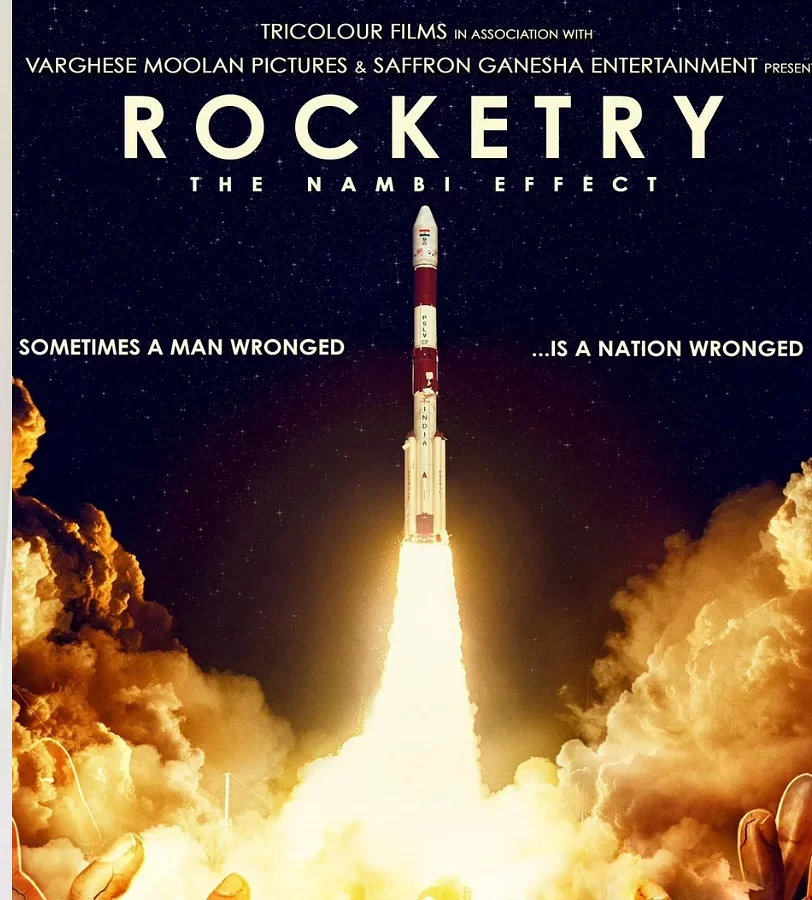The grants are the first to be offered by the MPA APSA Academy Film Fund, which is available exclusively to APSA Academy members.
Four filmmakers will each receive $US25,000 to be allocated to the script development of new feature film projects.
The recipients of the inaugural MPA APSA Academy Film Fund are:
Korean writer/director Lee Chang-dong, for Memories of Blue Hill Club (Memories of Chung-gu Hoe). Lee Chang-don s previous films include the APSA and Cannes Film Festival prize winners Secret Sunshine (Miryang) and Poetry (Shi). At the 2010 APSA Ceremony this evening, Poetry (Shi) won the Achievement in Directing (Lee Chang-dong) and Best Performance by an Actress (Yun Jung-hee) awards. Secret Sunshine (Miryang) was named Best Feature Film at APSA in 2007 and also took out the Best Performance by an Actress award that year.
Peng Tao, from the People s Republic of China, for Straw Man (Dao Cao Ren). Peng Tao s previous film Little Moth (Xue Chan) was nominated for an APSA in 2007 for Best Achievement in Directing.
Asghar Farhadi (Islamic Republic of Iran) for Nadar and Simin: A Separation. Asghar Farhadi s film About Elly (Darbareye Elly) won last year s APSA for Best Screenplay and the Jury Grand Prize.
Sergey Dvortsevoy, from Kazakhstan, for Ayka (Aйка). Sergey, who is based in Russia, is a member of the APSA 2010 International Jury and writer/director of the APSA Best Feature Film in 2008, Tulpan.
More than 87 submissions from across Asia-Pacific were received for the inaugural MPA APSA Academy Film Fund. Submissions were assessed by an industry panel of three, headed by Ronin Films managing director and former APSA International Jury member Andrew Pike. Pike was joined by Korean producer Hanna Lee and a former APSA Jury member, and Chinese Australian director Pauline Chan.
Pike highlighted the importance of the Fund for filmmakers of the region. Pike said, “A comment I d like make about all of the 87 entries, is that there was a very high proportion of original screenplays. Most of the applications were original screenplays and I think that s very exciting in the Asia Pacific region.”
At the launch of the MPA APSA Film Fund earlier this year, MPA Asia Pacific president and managing director Mike Ellis said,”The APSAs have developed a strong reputation as the most coveted award in the region and the benefits of winning an award of this calibre are clear. This fund makes participation in the APSAs even more valuable for the professional opportunities it will open up to its Academy members. Our support of the MPA APSA Academy Film Fund is emblematic of the MPA s commitment to promoting and protecting the wonderful work of the filmmakers in this region.”
APSA honours the works of filmmakers across a region covering 70 countries, one third of the earth and half the world s film output. Films are judged on cinematic excellence and the way in which they attest to their cultural origins.
The MPA APSA Academy Film Fund is supported by the Motion Picture Association, representing the interests of major motion picture companies in the global marketplace.




